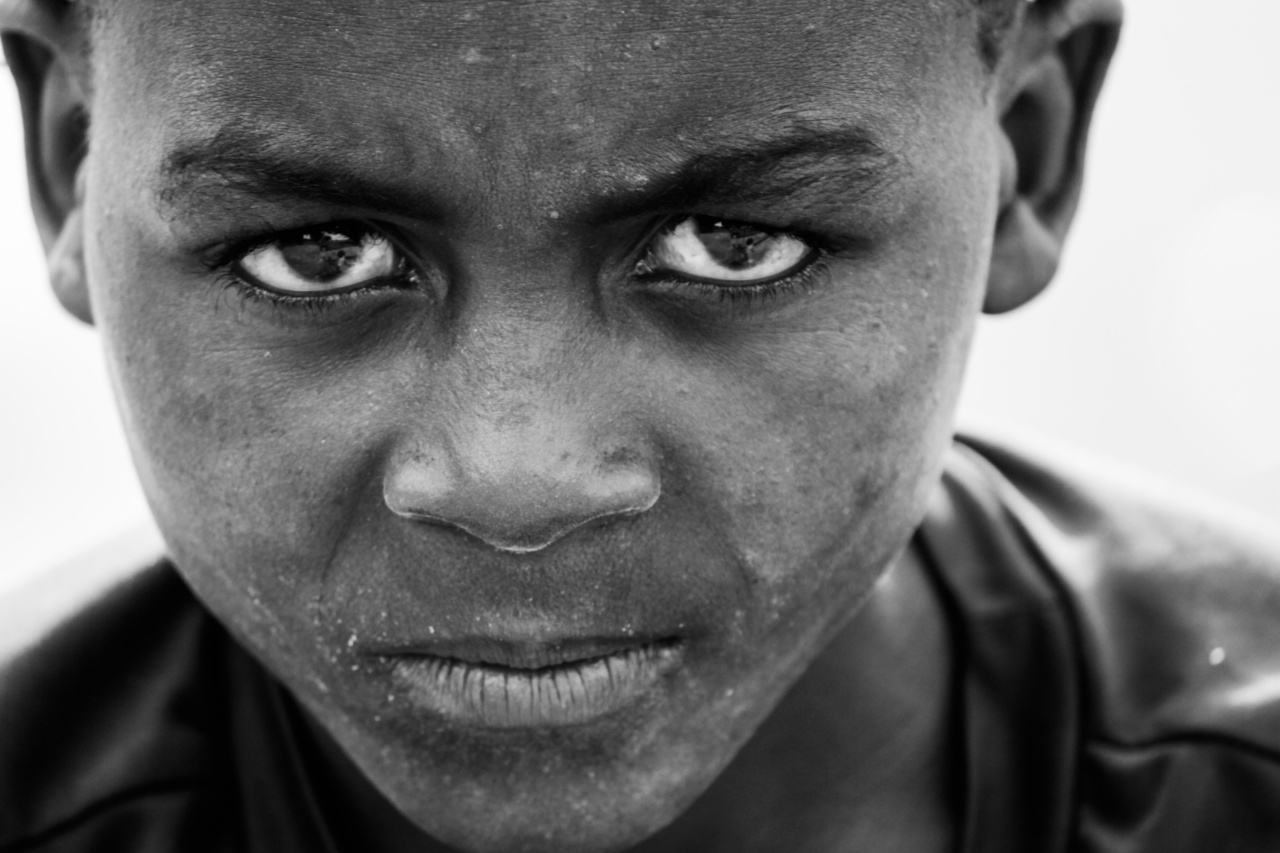Kids these days spend most of their time indoors, playing video games, watching television, or using electronic devices. As a result, they miss out on the many benefits of outdoor play and getting dirty.
In this article, we will explore the reasons why it is important for kids to get dirty and engage in activities that allow them to connect with nature.
1. Building Immunity
When kids get dirty, they are exposed to various microbes and bacteria present in the soil and environment. Contrary to popular belief, exposure to these microbes actually helps in building a stronger immune system.
It allows their bodies to develop natural defenses and reduces the risk of allergies and chronic diseases later in life.
2. Sensory Stimulation
Getting dirty and playing outdoors stimulates a child’s senses like no indoor activity can. The feel of soil, grass, or sand, the sounds of birds chirping, or the smell of flowers all contribute to a child’s sensory development.
Sensory play helps them refine their motor skills, develop coordination, and enhance their ability to process sensory information.
3. Stress Relief
Outdoor play, with its associated dirt and mess, is an excellent stress reliever for kids. It allows them to disconnect from the pressures of school, homework, and daily routines.
Playing in the mud, digging, and making a mess promotes relaxation and happiness, leading to reduced stress levels and improved mental well-being.
4. Creativity and Imagination
Playing outdoors and getting dirty encourages children’s creativity and imagination. The unstructured nature of outdoor play allows them to invent their own games, build forts, create imaginary worlds, and explore their surroundings.
Dirt becomes a blank canvas for their imagination, enabling them to construct, transform, and experiment freely.
5. Physical Development
Engaging in activities that involve getting dirty, such as digging, climbing, or running, promotes healthy physical development in children. It helps improve their gross motor skills, coordination, balance, and strength.
These activities also contribute to healthier bone density and a decreased risk of obesity in the long term, promoting overall well-being.
6. Environmental Connection
By allowing kids to get dirty and spend time outdoors, they develop a connection and appreciation for nature and the environment. It helps them understand the importance of conservation and sustainability from a young age.
This connection fosters a sense of responsibility and encourages them to become future guardians of our planet.
7. Social Skills
Playing outdoors and getting dirty provides ample opportunities for children to interact and collaborate with their peers. It promotes social skills such as sharing, taking turns, negotiating, and problem-solving.
These skills are essential for building healthy relationships and learning how to navigate various social situations.
8. Mind-Body Connection
Outdoor play and getting dirty is conducive to the development of the mind-body connection in children. It allows them to explore their physical abilities, understand their own strengths and limitations, and develop a sense of body awareness.
This connection between their body and mind contributes to their overall emotional and mental well-being.
9. Unplugged Play
In today’s digital age, where children are constantly connected to screens, getting dirty outdoors provides a much-needed break from technology. It allows them to unplug from the virtual world and experience the wonders of the real world.
Outdoor play promotes healthier screen time habits and reduces the risk of the various negative effects associated with excessive device use.
10. Lifelong Memories
Finally, getting dirty and playing outside creates lasting memories that children will cherish for a lifetime. These memories become an essential part of their childhood experiences and help shape their identity.
The freedom and joy associated with outdoor play leave an indelible imprint on their hearts, encouraging them to pass on these experiences to future generations.
Conclusion
Though it may seem counterintuitive, allowing kids to get dirty and engage in outdoor play is incredibly beneficial for their overall development.
From building immunity to fostering creativity, these experiences shape children into well-rounded individuals. So, let’s encourage our kids to explore, get messy, and embrace the wonders of outdoor play!.































